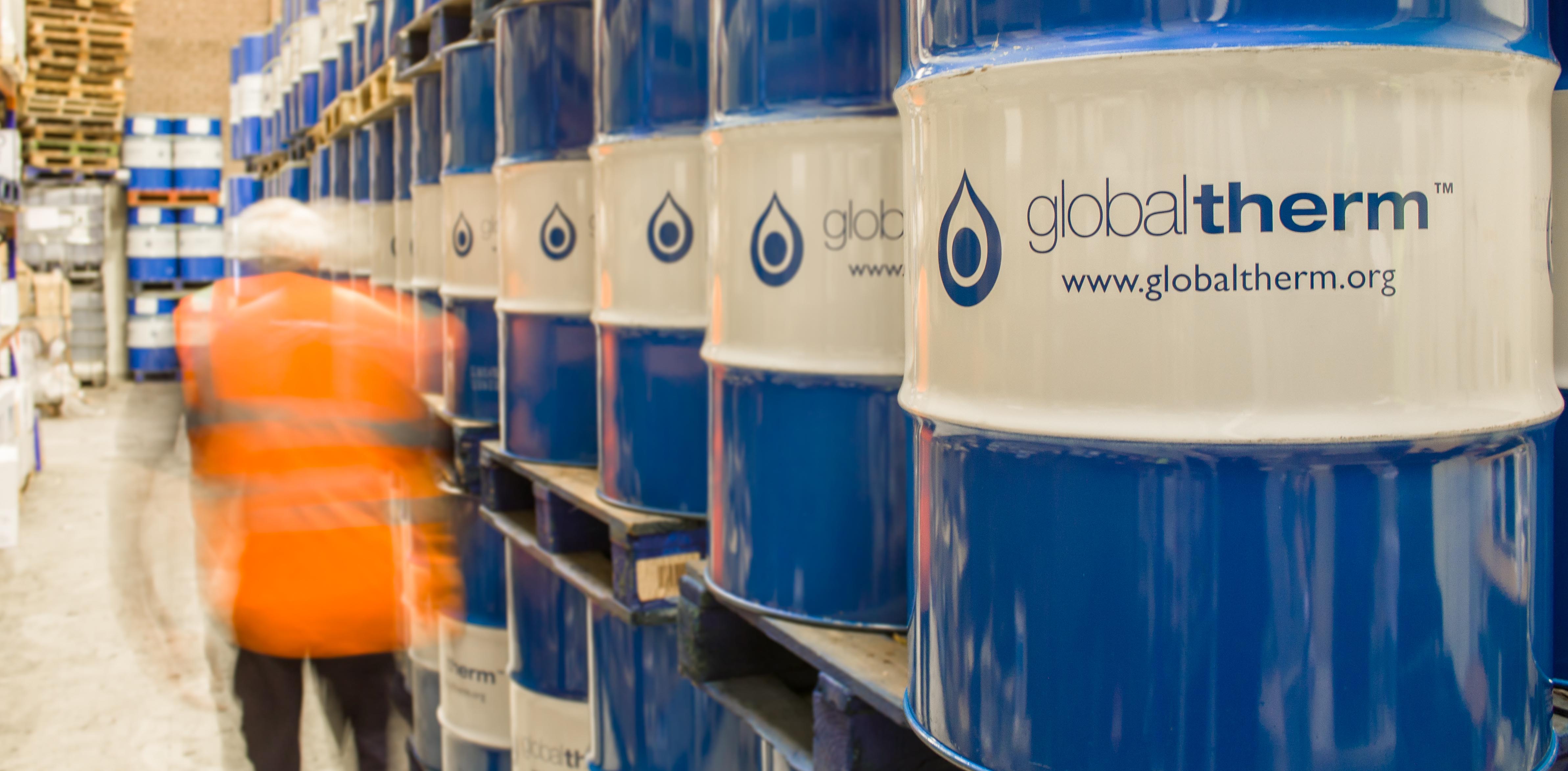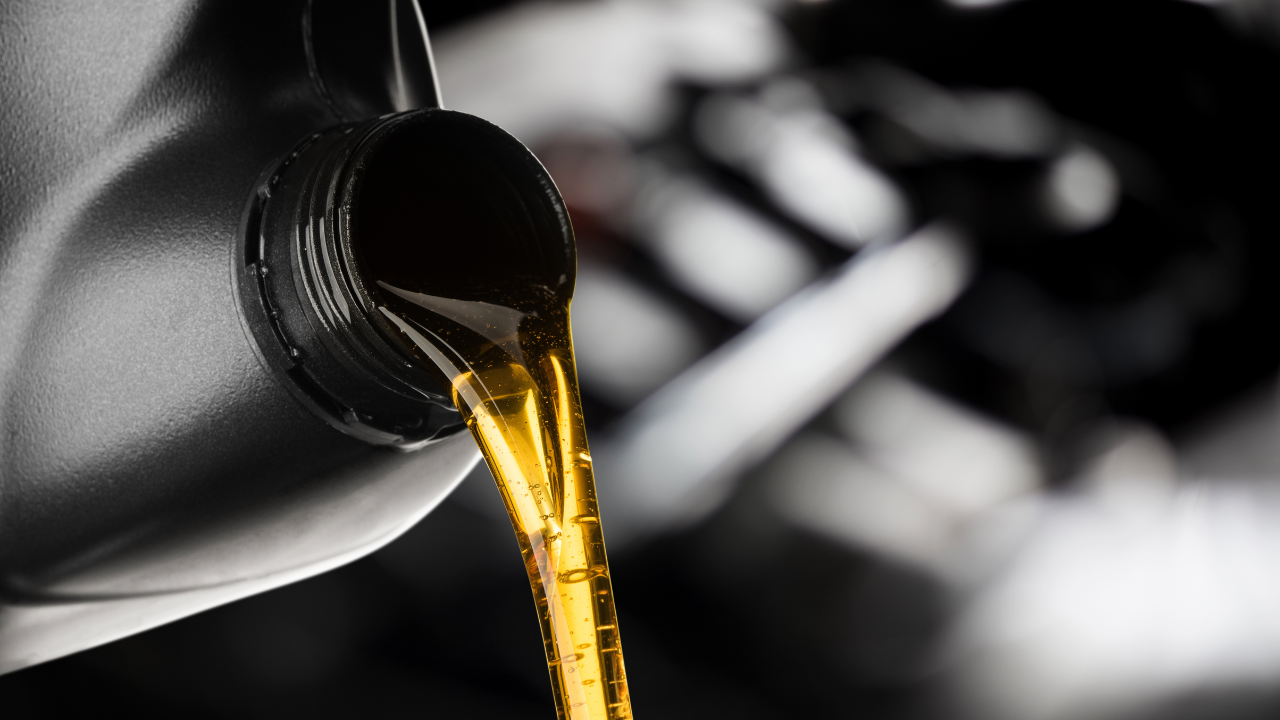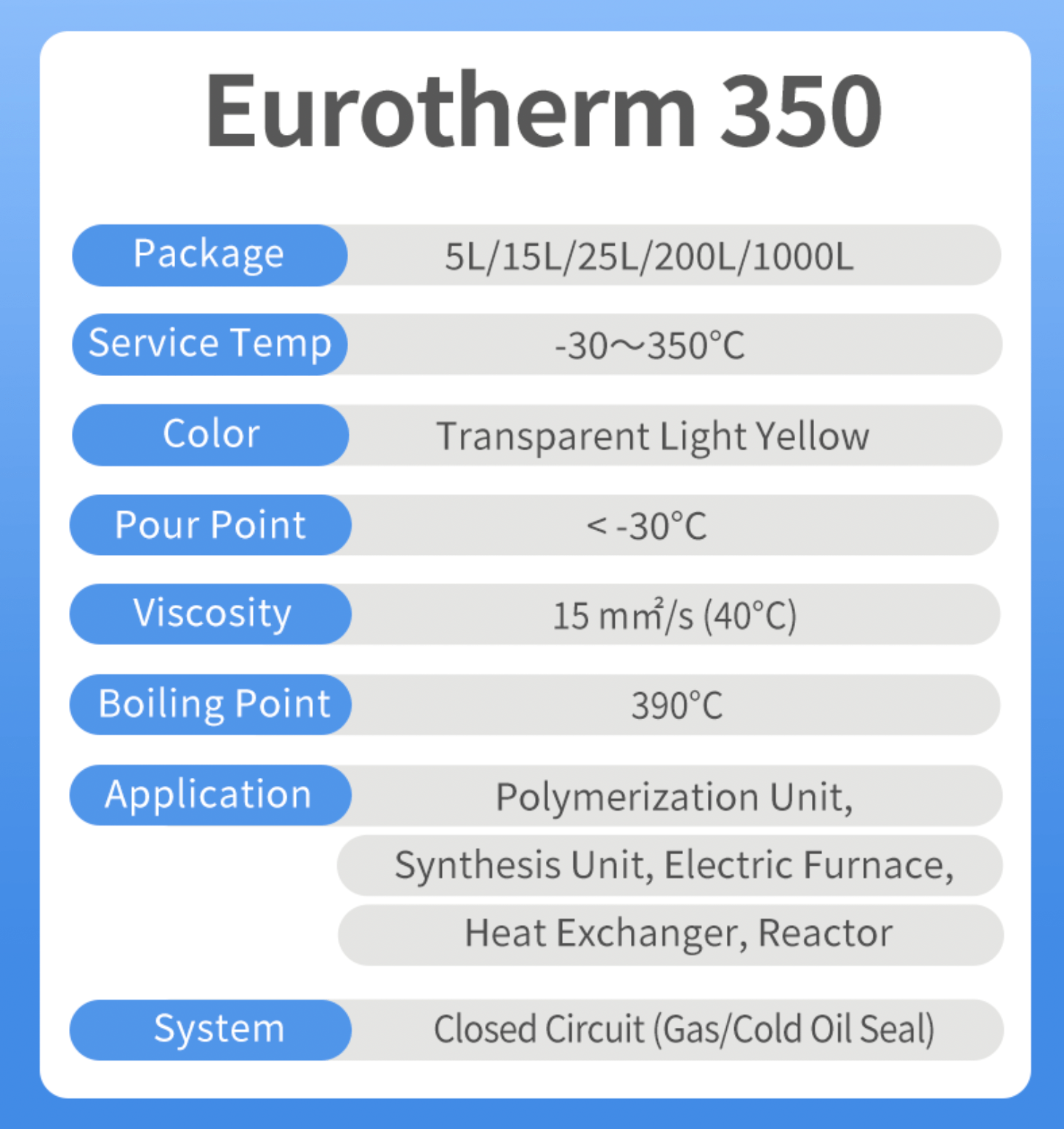Optimize Your System's Lifespan With the Right Heat Transfer Fluid
Selecting the suitable warmth transfer fluid is important for maximizing system efficiency and long life. The right liquid not only improves thermal performance yet likewise alleviates potential damage on crucial components such as pumps and heat exchangers - thermal oil. Comprehending the different kinds of warmth transfer liquids and the specific requirements of your application can considerably influence the general health and wellness of your system. Many overlook key factors that could make a substantial difference. What factors to consider might you be missing out on that could inevitably influence your system's effectiveness?
Significance of Heat Transfer Fluids

In addition, heat transfer fluids add to the safety and security and integrity of thermal systems. They help preserve ideal operating temperature levels, therefore minimizing the danger of getting too hot and tools failing. This is particularly vital in atmospheres where specific temperature control is important. Furthermore, the ideal warm transfer liquid can give defense versus deterioration and scaling, more expanding the lifespan of machinery and infrastructure.
Kinds Of Heat Transfer Fluids
Different sorts of heat transfer liquids are frequently utilized in industrial applications, each customized to details functional needs and temperature level varieties. The most prevalent groups consist of water, oils, and specialized artificial fluids.
Water is typically employed due to its superb thermal conductivity and schedule; nevertheless, its restrictions arise at high temperature levels and possible freezing conditions. For greater temperature applications, thermal oils, such as mineral oils or organic substances, are utilized. These oils offer exceptional thermal security and can run successfully at elevated temperature levels, making them ideal for procedures like food processing and petrochemical production.
Artificial liquids, which can be either organic or not natural, are made to satisfy particular efficiency requirements. They frequently exhibit boosted properties such as reduced toxicity, large temperature level ranges, and resistance to oxidation. Instances include esters and glycols, which are suitable for specialized applications like solar thermal systems and heat exchangers.
Additionally, refrigerants are used in cooling down systems, leveraging their phase adjustment homes to launch and absorb warm successfully. Each kind of warm transfer liquid presents unique benefits and is selected based upon the specific requirements of the application, ensuring ideal performance and system durability.
Factors to Think About When Picking
Selecting the proper heat transfer liquid involves cautious factor to consider of a number of variables to guarantee ideal efficiency and system efficiency. One of the key elements is the temperature variety required for the system. Liquids differ read here in their thermal stability and can shed or decay effectiveness outside details temperature restrictions.
Another crucial factor to consider is the liquid's thickness, as it impacts pump efficiency and power intake. A fluid that is too viscous might prevent blood circulation and rise functional prices. Additionally, the liquid's details warmth ability plays an essential duty in determining how effectively it can transfer heat.
Chemical compatibility with system materials is likewise essential to stop rust, degradation, or leakages - silicone oil. Guaranteeing that the selected fluid works with the construction products can extend the lifespan of the system

Benefits of Correct Fluid Choice
Correct selection of a warm transfer liquid yields significant benefits for system performance and reliability. The ideal fluid improves thermal conductivity, guaranteeing optimal heat transfer rates within the system. This effectiveness decreases power intake, resulting in lower operational expenses and a lowered ecological impact.
Moreover, appropriate fluid selection contributes to system durability by stopping deterioration and destruction of parts. Liquids formulated with corrosion inhibitors secure steel surface areas, therefore expanding the life-span of pumps, pipes, and heat exchangers. Additionally, choosing a fluid with appropriate viscosity makes certain reliable blood circulation, which is important for preserving constant temperature circulation throughout the system.
An additional vital advantage is the liquid's thermal security. A secure warmth transfer liquid can operate over a broad temperature range without breaking down or losing efficiency, which is essential for systems subjected to varying thermal problems. Moreover, the appropriate fluid can also alleviate dangers connected to cold or boiling, thereby preventing operational interruptions.
Maintenance Tips for Long Life
Making sure the longevity of a warmth transfer system needs persistent upkeep methods that complement the advantages of proper liquid selection. Normal evaluations are necessary to recognize potential leakages, corrosion, or sediment accumulation that might compromise system efficiency. Develop a routine schedule to analyze pipe honesty, connections, and installations, as these locations are commonly susceptible to tear and wear.

Monitoring liquid levels and high quality is equally essential. Consistently examine for indicators of contamination, such as staining or particle issue, which can show degradation of the heat transfer fluid. Implementing periodic fluid analysis can provide insights right into its chemical residential or commercial properties, try these out enabling for timely replacements when required.
Additionally, maintaining optimal operating temperature levels is essential. Urge making use of temperature level controls and sensing units to prevent overheating, which can accelerate fluid degradation and damages system parts.
Last but not least, constantly abide by the producer's guidelines concerning fluid substitute intervals and maintenance protocols. By devoting to these finest methods, you can considerably enhance the functional lifespan of your warm transfer system, guaranteeing dependable efficiency and minimizing the requirement for early replacements or pricey repair services.
Final Thought
In verdict, the selection of a proper warmth transfer fluid is important for boosting system efficiency and durability. By recognizing the various types of liquids and taking into consideration key aspects such as thermal conductivity and deterioration resistance, optimal performance can be accomplished.
Warmth transfer fluids play an important duty in numerous industrial and commercial applications by assisting in the reliable transfer of warm in between surface areas.In addition, heat transfer fluids contribute to the safety and dependability of thermal systems. In addition, the liquid's specific warm capability plays an important duty in establishing just how successfully it can move warmth.
The appropriate liquid boosts thermal conductivity, making certain why not look here optimum heat transfer rates within the system. A stable warmth transfer liquid can run over a vast temperature level array without breaking down or shedding performance, which is important for systems subjected to fluctuating thermal conditions.
Comments on “Selecting the Right Heat Transfer Fluid for Your Business: Essential Factors”